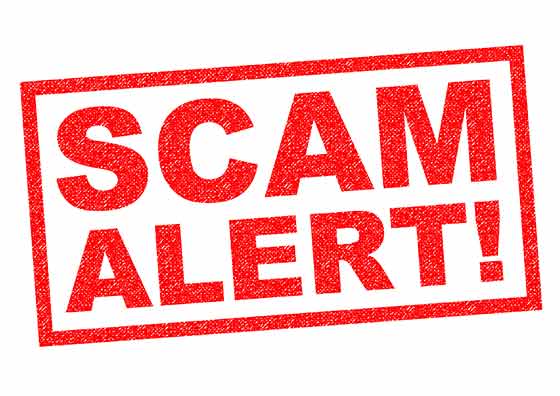Various scams already have been discovered that are designed solely to deceive and disrupt local, state and federal responses to the pandemic. Scammers continue to monitor the headlines looking for ways to steal money and/or personally identifiable information from Americans.
“Criminals continue to exploit the COVID-19 outbreak – trying to steal, deceive and disrupt,” said Attorney General Chris Carr. “We often see fraudsters use texts, and unfortunately, they are at it once again. If you or anyone you know receives one of these texts, please immediately contact our office or law enforcement so we can better protect Georgians during this difficult time.”
At this time, the legislation aiming to provide Americans with money to support them during the COVID-19 outbreak is still in draft form. Reports that checks are currently available are false – Congress is still debating this issue. Anyone who tells you they can get you the money now is a scammer. If passed, the government will not text you nor ask you to pay anything up front to get this money, and the government will not call to ask for your Social Security number, bank account or credit card number. Anyone who does is a scammer. If you spot one of these scams, please contact our office or notify the Federal Trade Commission: www.ftc.gov/complaint.
Again, DO NOT respond to texts and emails about checks from the government. We join the Federal Trade Commission in reiterating the following tips to help you keep the scammers at bay:
• Hang up on robocalls. Don’t press any numbers. Scammers are using illegal robocalls to pitch everything from scam Coronavirus treatments to work-at-home schemes. The recording might say that pressing a number will let you speak to a live operator or remove you from their call list, but it might lead to more robocalls, instead.
• Fact-check information. Scammers, and sometimes well-meaning people, share information that hasn’t been verified. Before you pass on any messages, contact trusted sources. Visit What the U.S. Government is Doing for links to federal, state and local government agencies.
• Know who you’re buying from. Online sellers may claim to have in-demand products, like cleaning, household, and health and medical supplies when, in fact, they don’t.
• Don’t respond to texts and emails about checks from the government. The details are still being worked out. Anyone who tells you they can get you the money now is a scammer.
• Don’t click on links from sources you don’t know. They could download viruses onto your computer or device.
• Watch for emails claiming to be from the Centers for Disease Control and Prevention (CDC) or experts saying they have information about the virus. For the most up-to-date information about the Coronavirus, visit the Centers for Disease Control and Prevention (CDC) and the World Health Organization (WHO).
• Ignore online offers for vaccinations. There currently are no vaccines, pills, potions, lotions, lozenges or other prescription or over-the-counter products available to treat or cure Coronavirus disease 2019 (COVID-19) — online or in stores.
• Do your homework when it comes to donations, whether through charities or crowdfunding sites. Don’t let anyone rush you into making a donation. If someone wants donations in cash, by gift card, or by wiring money, don’t do it.
For information on COVID-19, see the following resources:
• What You Should Know – How COVID-19 Spreads, Symptoms, etc. (here)
• Updates from Governor Kemp’s Coronavirus Task Force (here)
• How Is Georgia Responding to COVID-19 (here)
• Situation Summary (here)
• Avoid Scams (here) or (here)
• Preventing COVID-10 Spread in Communities (here)
• Higher Risk & Special Populations (here)
• Healthcare Professionals (here)
• Resources for Healthcare Facilities (here)
• Resources for Health Departments (here)
• Laboratories (here)
• Communication Resources (here)
To file a complaint with the Georgia Attorney General’s Consumer Protection Division:
• CALL: 404-651-8600 inside the metro Atlanta area
• CALL: 1-800-869-1123 toll-free outside of the metro Atlanta calling area
• To report suspected scams online, visit consumer.ga.gov.


